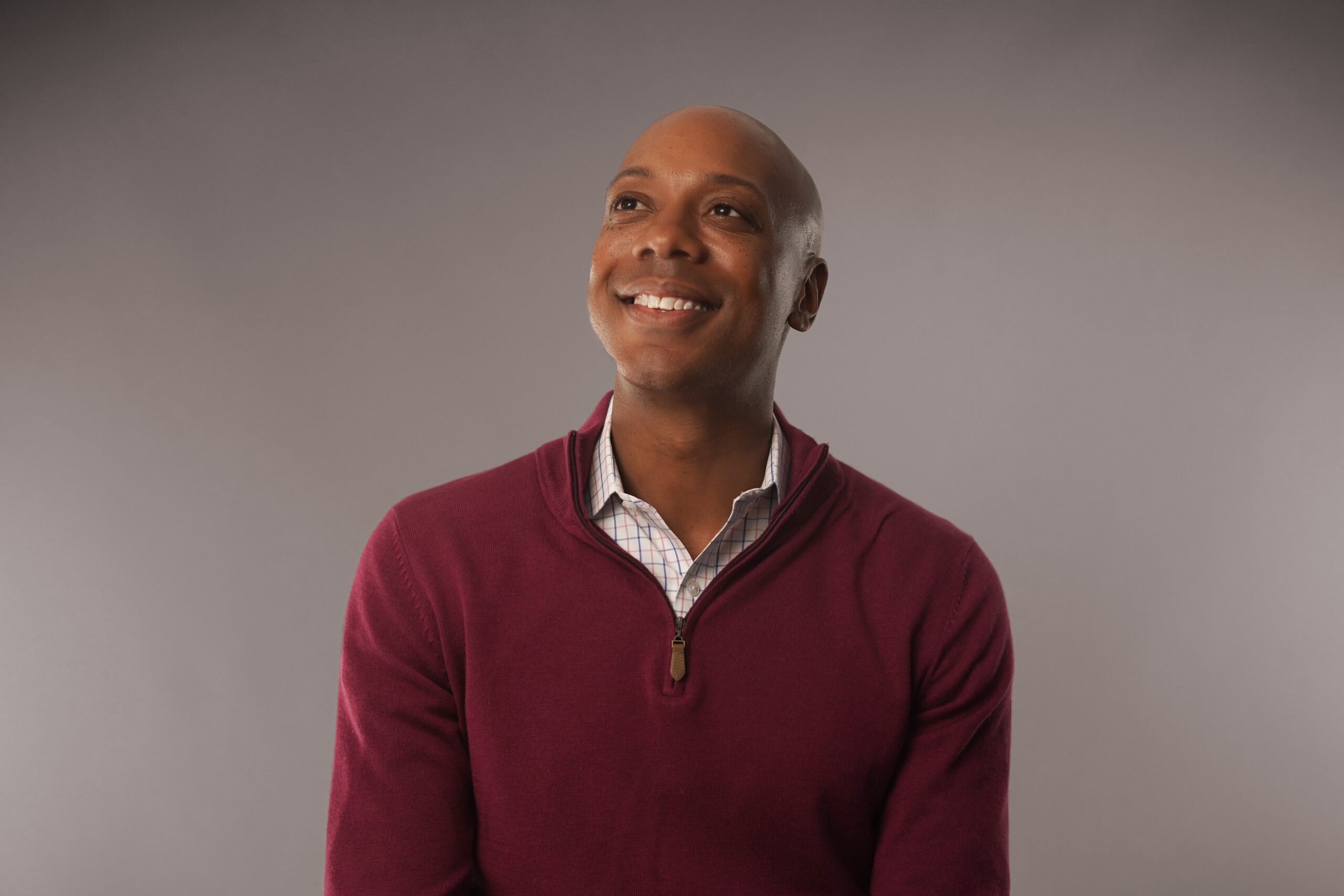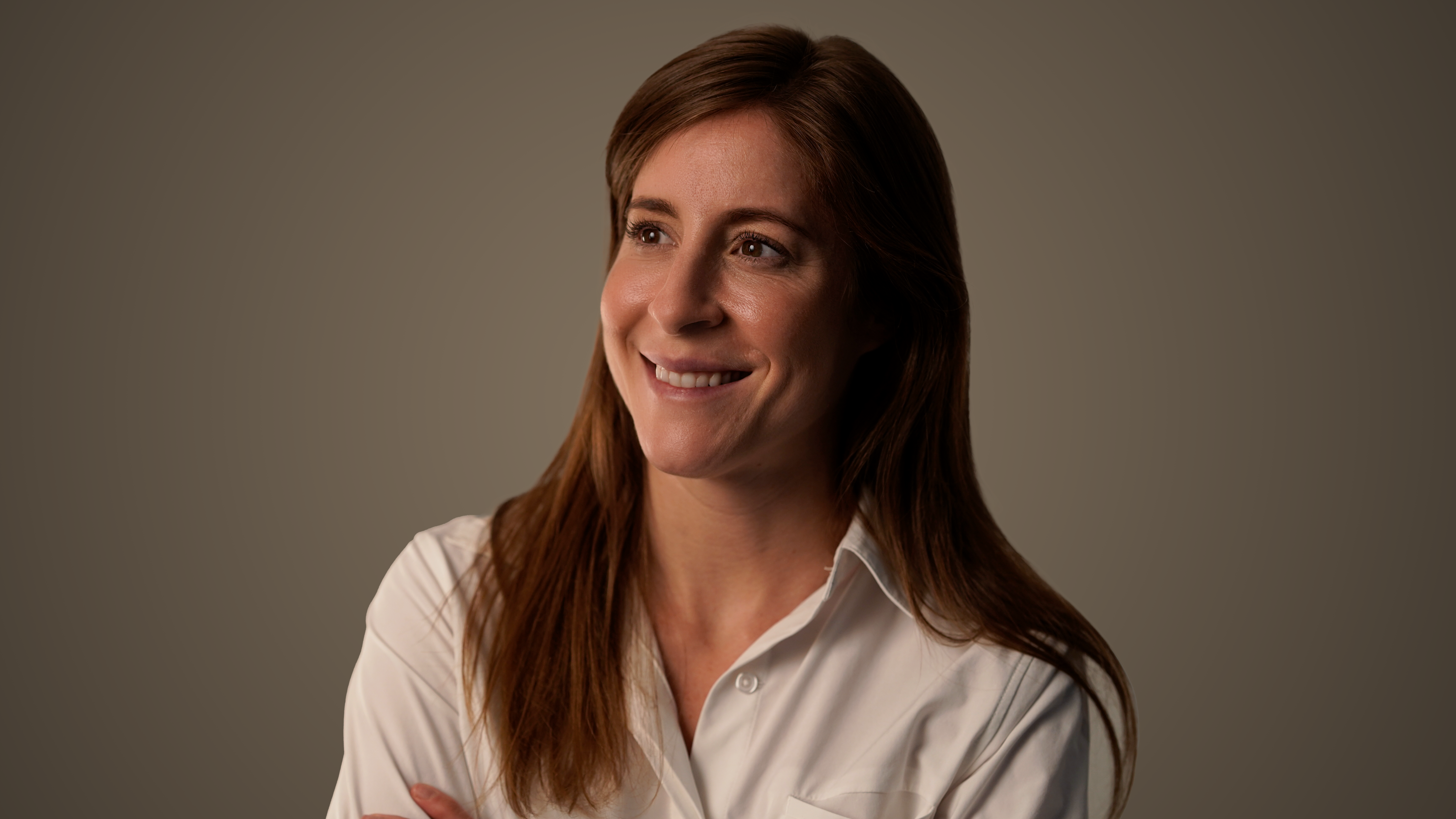“My whole life, I’ve always had this feeling that I don’t really belong here.”
Deon Nicholas’ feeling traces back to his childhood. “I grew up in inner-city Toronto and loved computers, and there weren’t really many other people around me who were interested in that kind of thing,” he says. “It’s also pretty rare to see a Black computer scientist—let’s be real.”
Imposter syndrome is something he still fights, even as the CEO and co-founder of Forethought, a startup building new artificial intelligence to make customer service better for everyone. But he’s found a way to combat it: asking “Why?”
“When you encounter something in the world that is the way it is, 99% of people will just say, ‘Yes, that’s the way it is,’” says Deon. “But innovators go and ask why. ‘Why couldn’t it be this other way?’”
It took Deon many years to realize that “Why?” could be a life hack. But he’s been moved to ask the question since he was a child playing video games.
If I could go back and tell myself one thing, it would be to trust yourself and trust your curiosity.
A lifetime of curiosity
“Growing up, I was obsessed with video games,” he says. “First, I just loved playing them and figuring out how to beat all the levels, but then I got curious how they worked on a technical level.”
“My father was a tinkerer at heart. During the day, he worked under the hood of cars as a mechanic, but he was also constantly fiddling with various projects. Looking back, I definitely inherited that curiosity from him.” One of those projects was building a family home computer, which Deon would soon monopolize.
With his obsession, Deon didn’t fit in with most of his peers. But he found a community—and a place to excel—in programming competitions. “My summers as a teenager were completely taken over by them,” he says. While stocking shelves at the local drugstore to help his parents pay rent, Deon was studying up, determined to win. That drive to win continued through his college programming competitions: His team took first in Canada, third in North America, and 13th in the world.
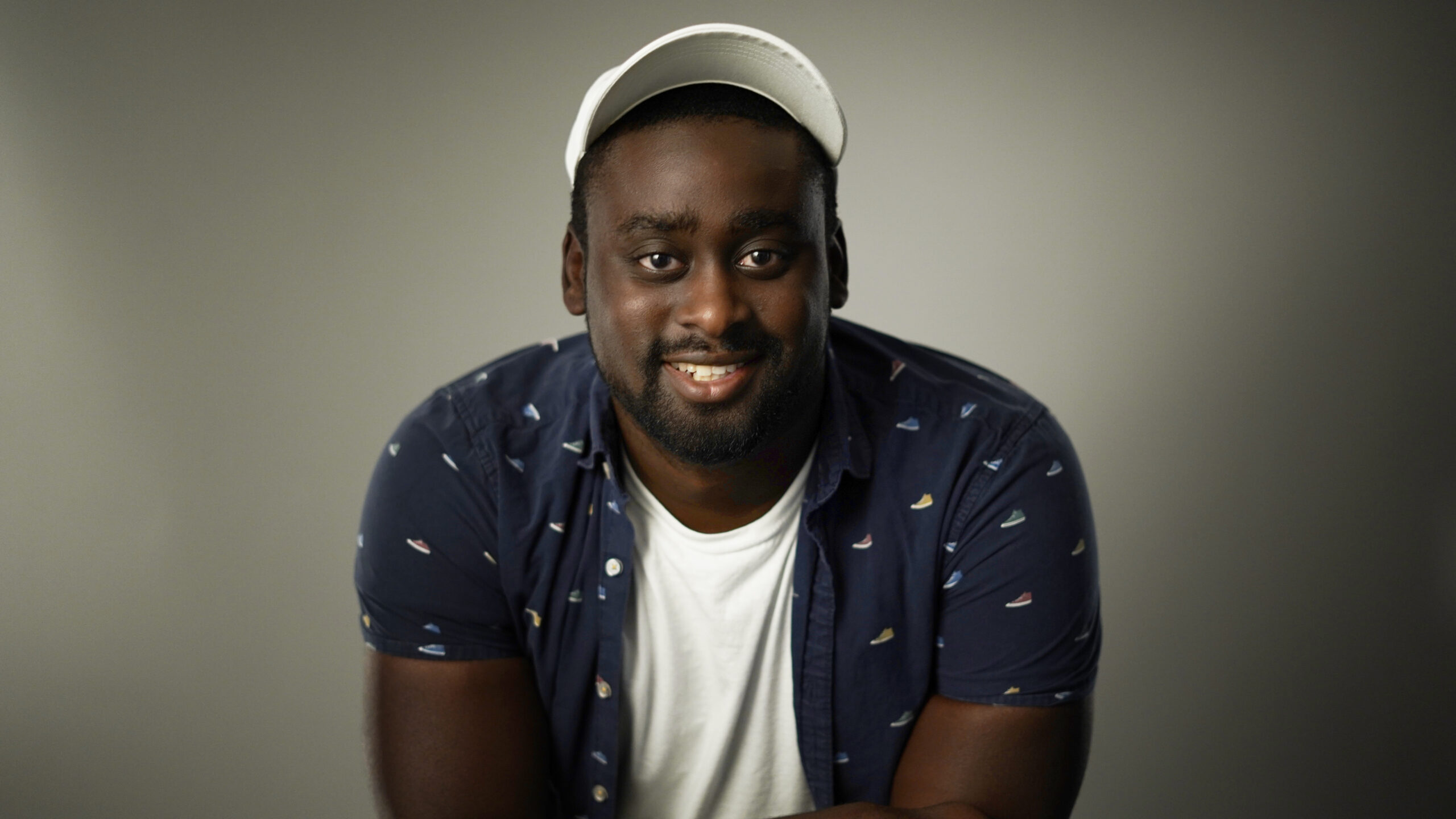
The path to Forethought
Deon found his way to Silicon Valley. Through internships at Facebook and Palantir, and later full-time software engineering roles at Dropbox and Pure Storage, he was exposed to technically difficult problems that directly affected end users—and a new passion was discovered. His time at the University of Waterloo had given him the opportunity to explore his curiosity at one of the best AI research institutions in the world, and now Deon was inspired to use those learnings to improve people’s lives.
“Before Forethought, I had dedicated my life to solving really difficult puzzles, but what was missing was that human impact,” he says. “If there was one thing that my whole life has been leading up to, it’s starting a company solving really hard problems like AI, but in a truly human-centered way.”
Making the jump from technologist to CEO forced Deon to confront that feeling of imposter syndrome once again.
“I’ve always considered myself a builder, and initially wasn’t comfortable with the idea of stepping into the CEO role,” he says. “I became obsessed with the question ‘What makes a great CEO?’”
Deon attacked this question the same way he attacked previous puzzles in his life: by following his curiosity. “I started by deeply researching the CEOs of companies I’d worked at.”
“One of [Dropbox CEO] Drew Houston’s secrets to building a company was just to read books,” says Deon. “He’d find the experts in that field and dig into their publications. And I was like ‘OK, I’m perfectly capable of that.’ Mark Zuckerberg constantly talked about how recruiting the best people is key to being a CEO, something I felt was also well within my reach.”
“I got to the point where I realized there was nothing fundamentally different about being a CEO,” he says. “There was nothing that made them them, and me just a person. That was such an invigorating moment. I realized that company building was just like problem solving. Company building was just like what I’ve been doing my entire life.”
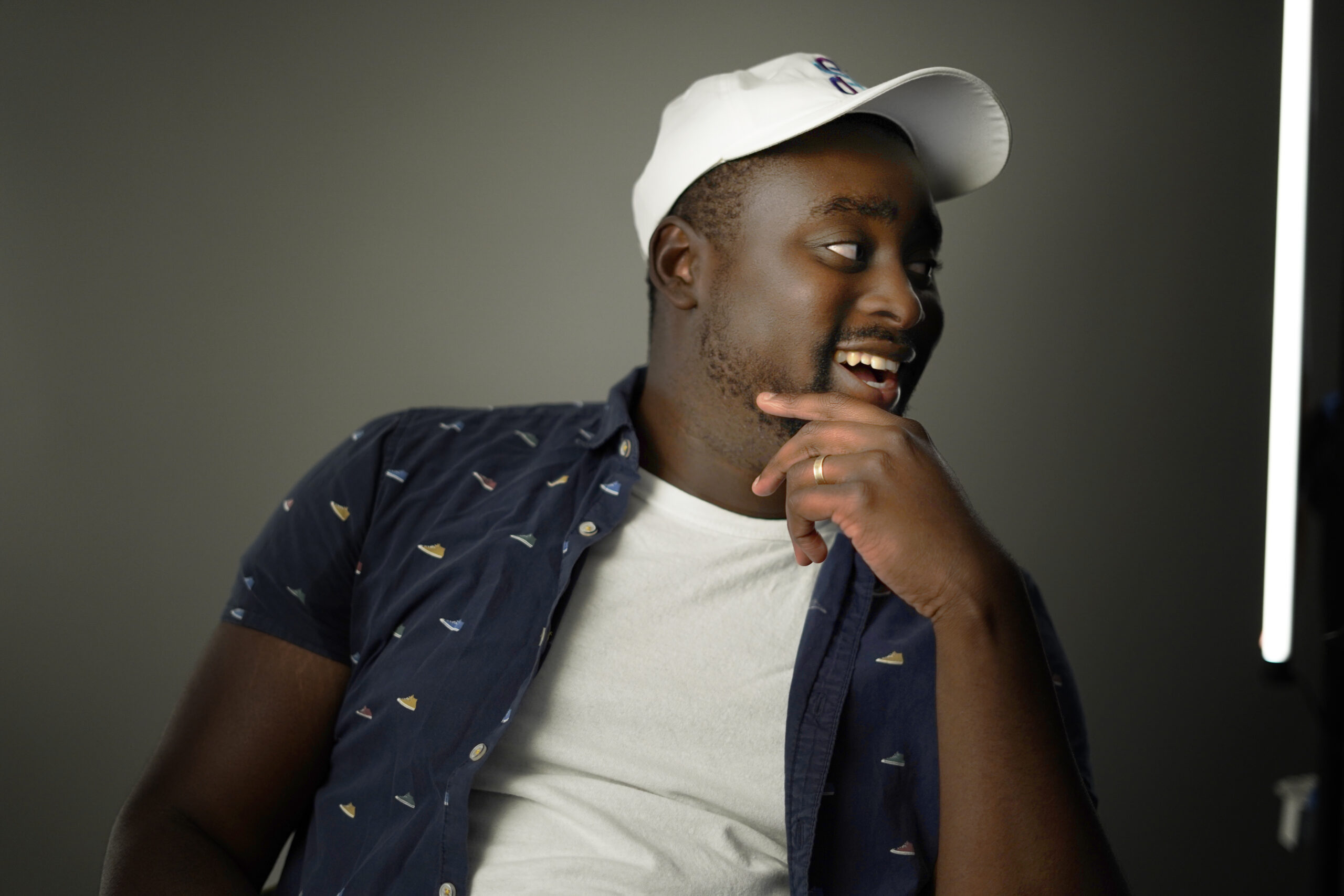
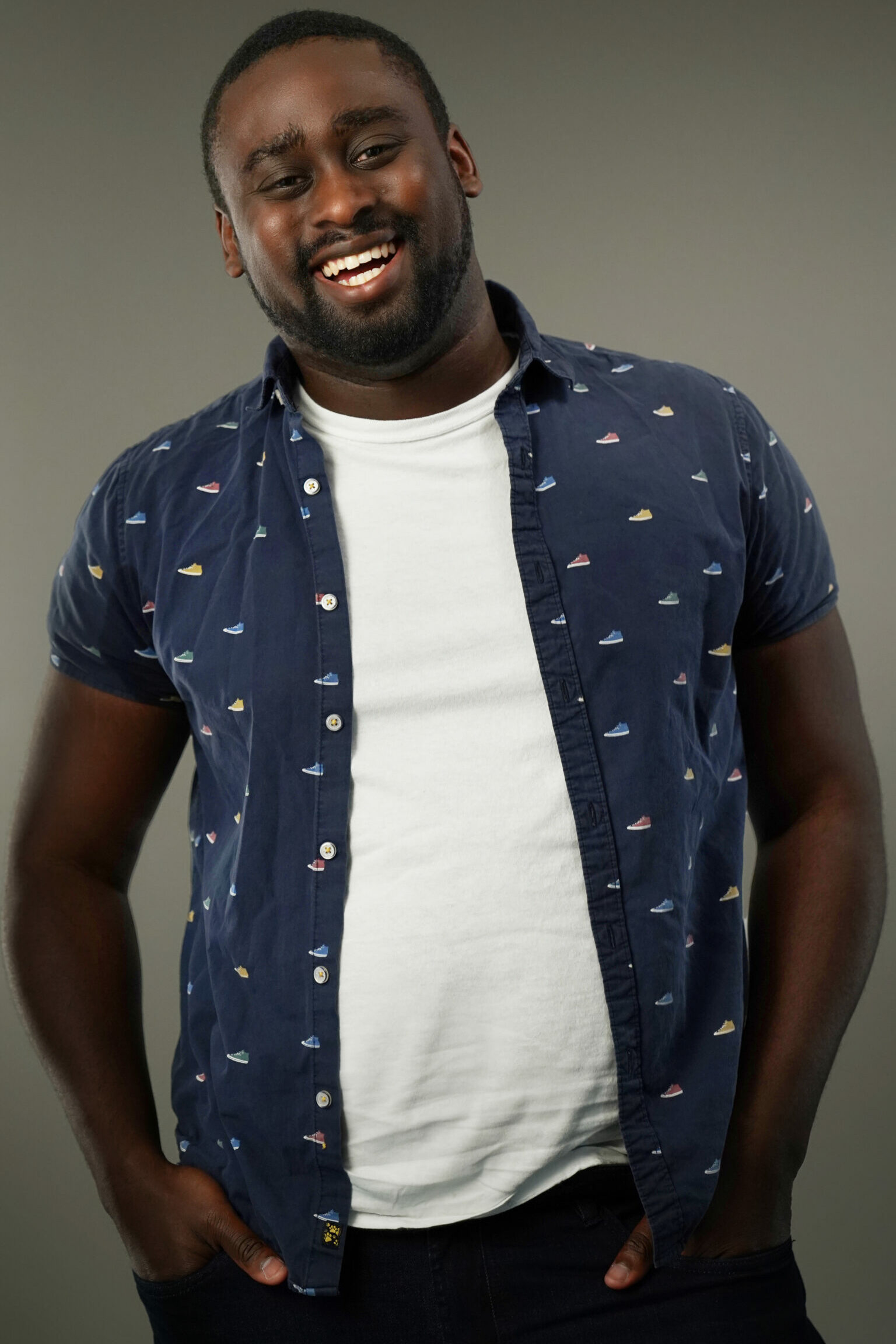
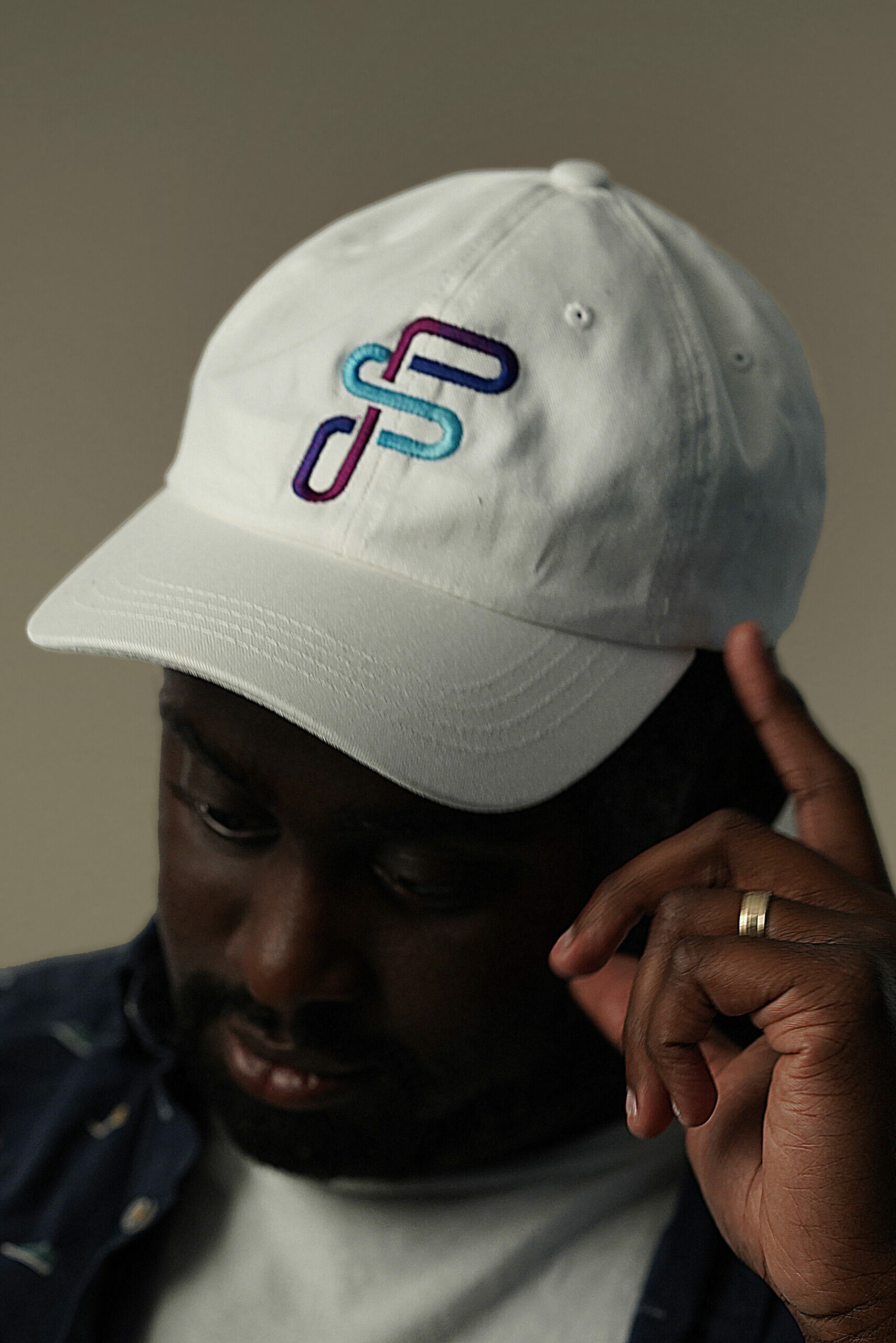
“Ask why, follow the threads”
In hindsight, founding and scaling a startup almost seems like the obvious choice for someone like Deon—although it may not have been apparent to him for a while.
“If I could go back and tell myself one thing, it would be to trust yourself and trust your curiosity,” says Deon. “Ask why, follow the threads, and see where it takes you. I’ve come to realize that I’ll never have all the answers, and honestly, that’s what makes life exciting. At the end of the day, that’s what being an innovator means to me. Never losing that sense of childlike curiosity. Always asking why, always leveling up, and having fun doing it.”
